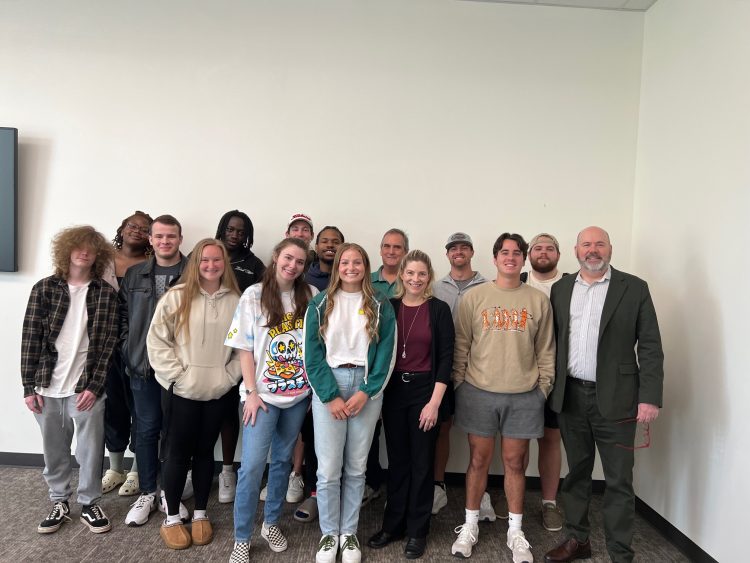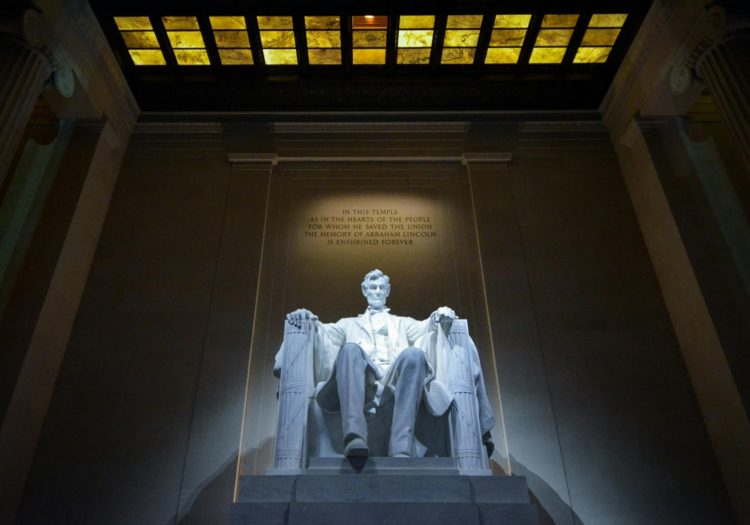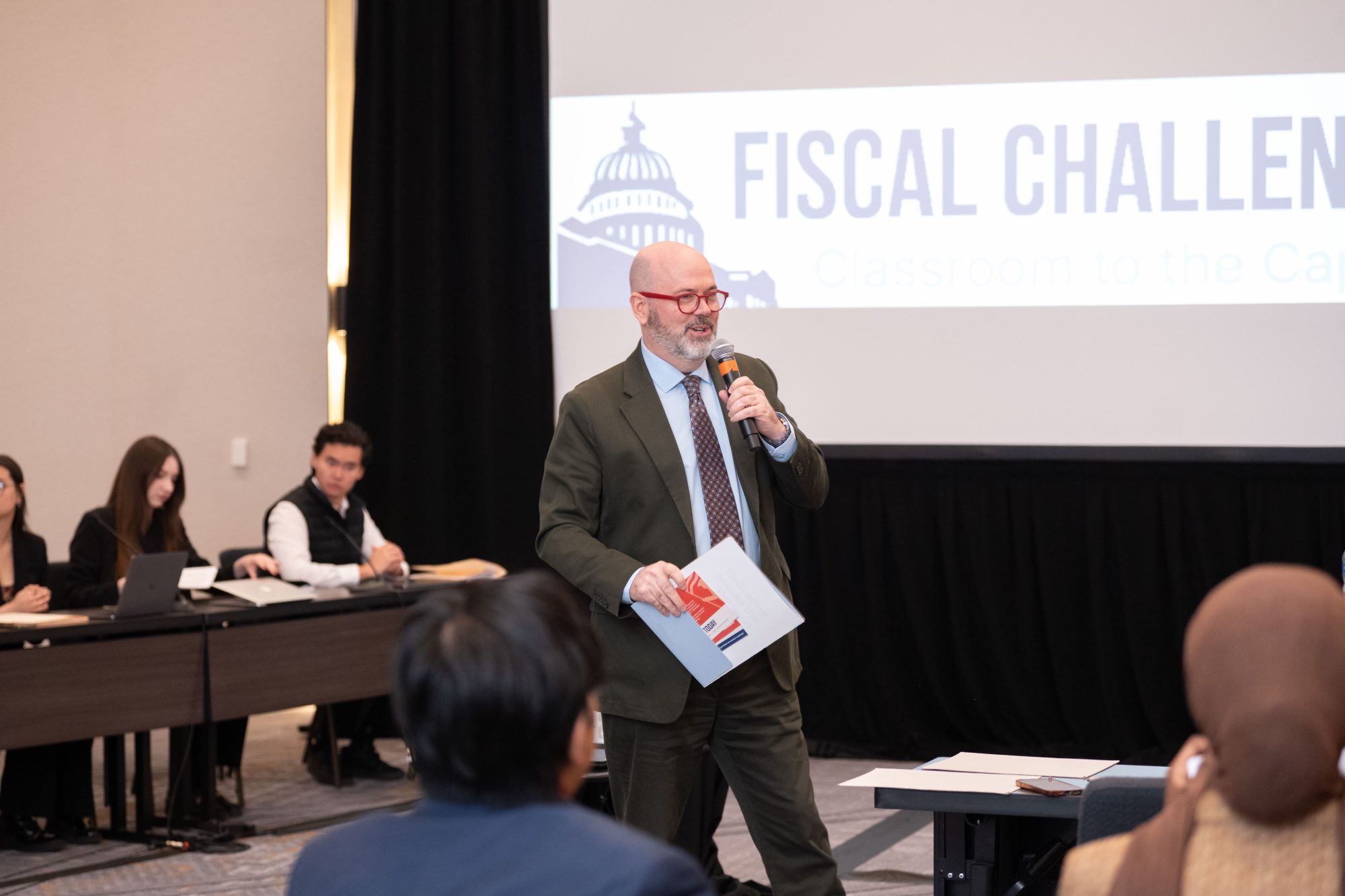This past week, undergraduate students from across the country gathered to present in-depth budget proposals to improve the nation’s long-term fiscal outlook– and they did not disappoint.
Held against the backdrop of rising national debt and ongoing congressional debates over fiscal policy, the competition brought together six teams who spent months digging into the data and modeling what the next 30 years could look like for the U.S. economy.
The Peter G. Peterson Foundation gave the top award to the University of Notre Dame team, including Jack Knorr, John O’Neill, Taemin Yoon, Samuel Robinson, Rohan Jaipuria, and Max Sombong. The group stood out with a thoughtful, collaborative presentation that examined the trade-offs between debt sustainability, economic growth, and long-term policy choices.
“Our generation will face the biggest impact in the future so it’s necessary that we do take a major role in the conversation,” said Sam Robinson, first-year economics and global affairs major at Notre Dame. “A lot of the fiscal issues we talked about and attempted to address will primarily impact younger people, because we’re going to have to look at entitlements or vast portions of mandatory spending that a lot of our parents and older generations really relied on.”
“It’s been fun to watch them,” said Forrest Spence, Ph.D., faculty advisor for the Federal and Fiscal Challenge Club and Associate Teaching Professor and Director of Undergraduate Studies at the University of Notre Dame Department of Economics. “They worked very, very well as a team throughout the whole process and especially today when they were answering questions from the judges in a complimentary and collaborative way. I’m super proud.”
Each team had 15 minutes to present their proposal, followed by another 15 minutes of live questions from a panel of judges with decades of experience in economic research, fiscal forecasting, and data-driven policy evaluation. The judges pushed students to explain their assumptions and consider how different economic conditions and timelines could affect their plans.
“The team presentations and judge panel questions had the feel of a congressional hearing,” said Phil Smith, Concord Coalition’s National Field Director, who returned for a third year as emcee. “This year is a different year with the financial markets being a lot more volatile right now, so the judges asked the participants questions related to that. The students stepped up to the challenge.”
Beyond the competition itself, students also had time to connect with judges and guests during a two-hour networking session, sharing ideas and career advice.
“This is a really great opportunity to take what we’ve learned in the classroom and apply that in a real-life setting. The national debt and the impact it will have on us and future generations is a very relevant problem and something we all care about,” said John O’Neill, senior economics major at Notre Dame.
First runner-up was Minerva University and second runner-up was Muskingum University, with Pace University, University of Austin, and UCLA also participating.
Since the Peter G. Peterson Fiscal Challenge began in 2013, over 600 undergraduate students have attended from over 40 universities. The students continue to engage with some of the most complex challenges in economic policy, pushing the boundaries every time. Until next year!
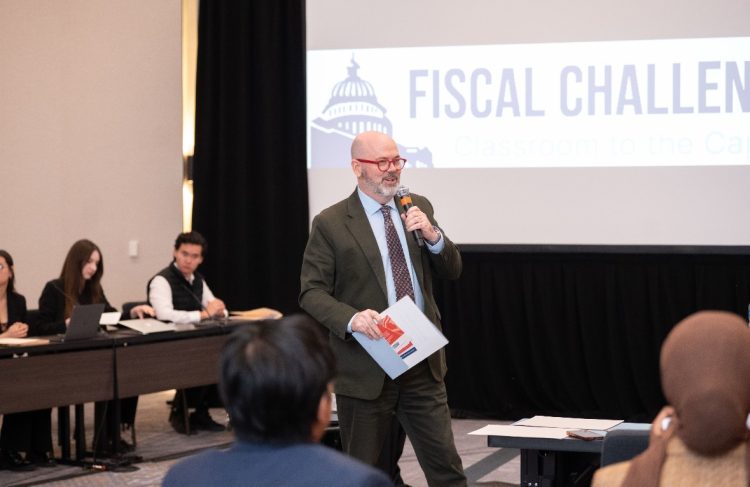
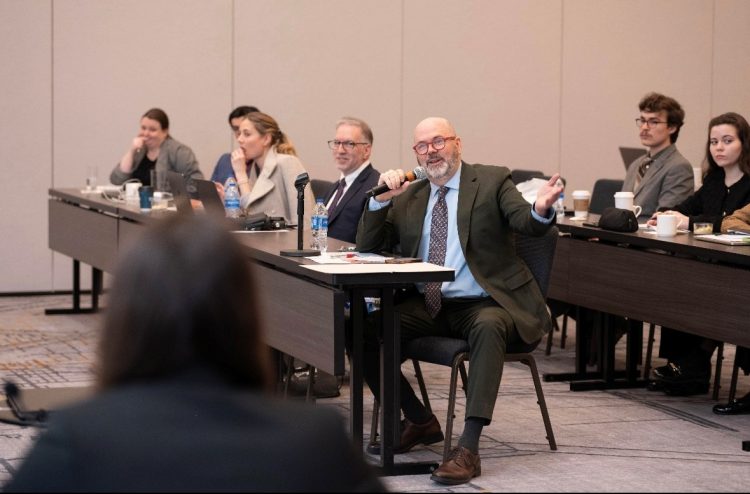
Continue Reading
